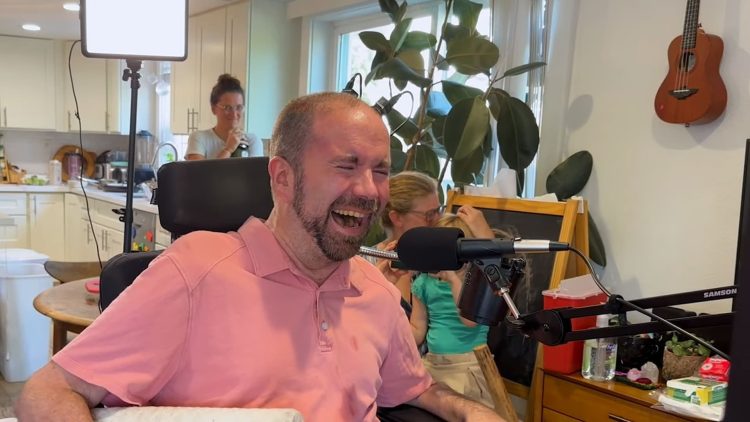Researchers at UC Davis Health have introduced a brain-computer interface (BCI) that translates brain signals into speech with astonishing accuracy.
The new technology, achieving up to 97% precision, is designed to restore communication for individuals with severe speech impairments, particularly those affected by amyotrophic lateral sclerosis (ALS).
Restoring communication for ALS patients
ALS is a debilitating neurological disorder that progressively robs individuals of their ability to speak and move. The inability to communicate can be one of the most isolating aspects of the disease. The newly developed BCI at UC Davis interprets brain activity when a user attempts to speak, converting these signals into text that can be vocalized by a computer.
The cutting-edge technology offers a lifeline to those who have lost their voice, restoring a crucial means of communication.
A journey of hope
The success of this BCI technology was demonstrated by Casey Harrell, a 45-year-old ALS patient. Harrell, who had lost most of his speech, participated in the BrainGate clinical trial to test the new system. With microelectrode arrays implanted in his brain, the BCI detected his brain’s speech-related activity, translating it into coherent words.
Remarkably, the system achieved 99.6% word accuracy within just 30 minutes of use, making real-time communication possible once again.
The future is only brighter, and louder!
The BCI technology and its usage to help ALS patients is a massive success for humanity.
Not only does it restore the ability to communicate for those with ALS, but it also holds promise for individuals with other conditions that cause speech impairment.
Brain organoids and bioprocessors: A new approach to computing
The UC Davis team is committed to refining the system further, with hopes that it will soon become widely available to improve the lives of countless others.
For Harrell, the impact has been profound: “Not being able to communicate is so frustrating and demoralizing. This technology has helped me re-enter life and society.” As this technology continues to evolve, it offers renewed hope and dignity to those who have lost their ability to speak.
Featured image credit: UC Davis Health/YouTube





